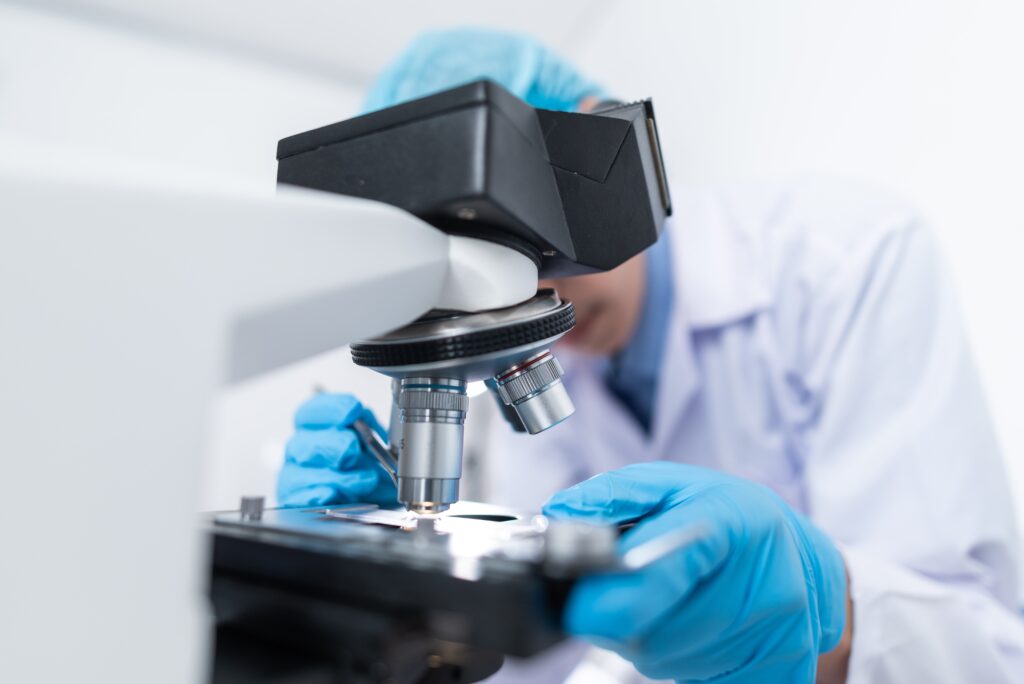Gene editing is a rapidly advancing field of science with the potential to revolutionize medicine and healthcare. However, with great scientific progress comes great moral responsibility. The ethics of gene editing have been a topic of debate among scientists, policymakers, and the general public. In this article, we will explore the ethical considerations surrounding gene editing and the importance of balancing scientific progress with moral considerations.
What is Gene Editing?
Gene editing is the process of making precise modifications to the DNA of an organism. This can be done using various techniques, such as CRISPR/Cas9, which allows scientists to cut and replace specific segments of DNA. Gene editing has the potential to cure genetic diseases, enhance human abilities, and even eradicate certain diseases altogether.
Ethical Considerations of Gene Editing
1) Safety and Efficacy
The safety and efficacy of gene editing techniques are of utmost importance. Any modifications to DNA can have unintended consequences that may not manifest until many years later. It is essential to ensure that gene editing techniques are safe and effective before they are used on humans.
2) Informed Consent
Informed consent is a critical ethical consideration when it comes to gene editing. Patients must be fully informed about the risks and benefits of gene editing before consenting to the procedure. This includes understanding the potential long-term effects of the procedure and any potential risks to future generations.
3) Equality and Accessibility
Gene editing has the potential to create a genetic divide between those who can afford the procedure and those who cannot. It is essential to ensure that gene editing is accessible to all, regardless of their financial or social status. This means that gene editing should not be reserved for the wealthy or elite, but rather, should be made available to all who need it.
4) Unintended Consequences
Gene editing has the potential to create unintended consequences that may not manifest until many years later. These unintended consequences could have negative effects on future generations. Therefore, it is crucial to consider the potential long-term effects of gene editing before proceeding with the procedure.
5) Ethical Boundaries
There are ethical boundaries that must be considered when it comes to gene editing. For example, altering the genes of an embryo or fetus raises ethical concerns about the potential impact on future generations. It is essential to consider the long-term effects of gene editing and to ensure that any modifications made are ethical and justifiable.
Balancing Scientific Progress with Moral Considerations
The field of gene editing is advancing at a rapid pace, and it is essential to balance scientific progress with moral considerations. While the potential benefits of gene editing are vast, it is crucial to ensure that any modifications made are ethical, justifiable, and do not have unintended consequences.
One way to balance scientific progress with moral considerations is through the use of ethical guidelines and regulations. Many organizations, including the World Health Organization, have established guidelines for gene editing to ensure that it is used ethically and responsibly.
Another way to balance scientific progress with moral considerations is through open and honest communication. Scientists, policymakers, and the general public must engage in an open and honest dialogue about the ethics of gene editing. This includes discussing the potential risks and benefits of gene editing and addressing any ethical concerns that arise.
Conclusion
The ethics of gene editing are complex and multifaceted. While gene editing has the potential to revolutionize medicine and healthcare, it is essential to ensure that any modifications made are ethical, justifiable, and do not have unintended consequences. Balancing scientific progress with moral considerations is essential to ensure that gene editing is used ethically and responsibly. By establishing ethical guidelines and regulations, engaging in open and honest communication, and considering the long-term effects of gene editing, we can ensure that this powerful technology is used for the greater good.










